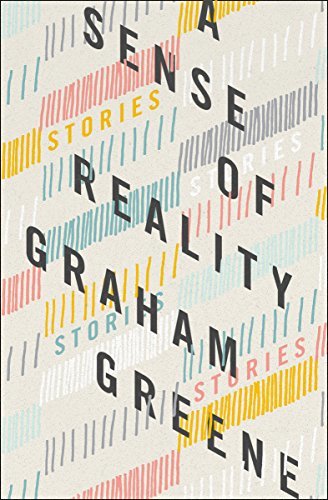What do you think?
Rate this book


137 pages, Kindle Edition
First published January 1, 1950
In Under The Garden, a man afflicted with cancer returns to his old country home to relive a fantasy involving treasure he had experienced in his childhood. A Visit To Morin is a story where a man meets an old author whose books had impressed him in his young age. Now it turns out that the author has none of those earlier beliefs and the two debate about it over pegs of brandy. In Dream Of A Strange Land, a patient who has discovered that he has leprosy tries to convince his doctor to allow him to continue to work in public. And finally, in A Discovery In The Woods, a bunch of children in an isolated fishing village make a fascinating discovery. I loved this one the best in the book.
This is the first book by Greene I've read. I had only heard about him whenever R K Narayan was mentioned. The short stories certainly have a bit of that Narayan flavour and a lot of the quaint old English taste too. If you liked RKN, it's hard to not like this one. Excellently suited for an afternoon read.
'No. Not if you want to believe. If you are foolish enough to want that you must avoid theology.'
'I don't understand.'
He said, ' A man can accept anything to do with God until scholars begin to go into the details and the implications.'